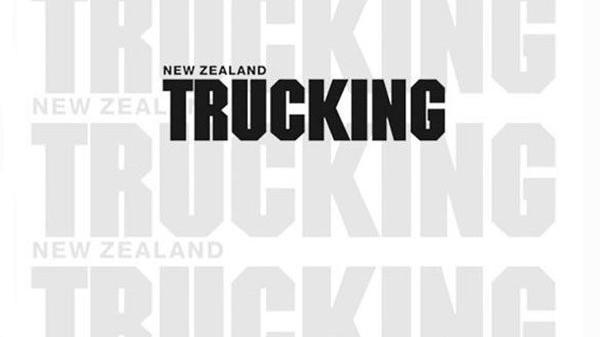What happened to the level playing field?

Nearly 40 years ago, at about the time when the transport of freight by road was fully deregulated, a couple of then-government departments – Railways one of them – decided to run their own intercity road- freight businesses. At the time, the industry was very unhappy, citing these departments were not operating on a level playing field – they did not pay tax on their vehicle purchases and could source fuel and other consumables much cheaper than the industry could. They would force down cartage rates and take business away from the wider industry, and there was no need for the government to operate its own road-transport business as the industry could meet all the government’s requirements.
All this is history, but today, it is hard to reconcile the increase in electric vehicles, especially those operating in a commercial market, with operating on a level playing field. Many of the commercial electric vehicles in service today are acquired with financial assistance from the government, often the Low Emission Vehicles Contestable Fund managed by EECA. They are also currently exempt from paying RUC. With RUC making up approximately 13% of a truck’s operating cost, this is a nice little subsidy to out-compete other operators. Is this fair in a competitive market such as road freight? Is it distorting the level playing field many championed in the past? What’s more, is the government creating an artificial and distorted market to the advantage of a few but the disadvantage of many?
Speaking of the RUC, it was more than a bit disconcerting to see, once again, the two industry associations taking cheap potshots at each other. One organisation was lauding the decision of the government to extend the RUC rebate, albeit at a very late hour, through until June, claiming: “This decision also clearly demonstrates the effectiveness of our industry when it speaks with one voice (in this case, it was only ours) and reinforces Transporting New Zealand’s role as the leading advocate for road transport.”
While the other said: “Simply put, this decision has driven administrative pain for the trucking industry at a time when it’s getting hammered from all angles. This U-turn from the government robs our members of time that they could be spending working on their business rather than in it. And with changes passed direct to customers, there’s no benefit for their business either way.”
One wonders what it will take for these organisations to avoid behaving like disinherited family members arguing over a deceased wealthy relative’s estate and stop taking cheap shots at each other. This approach is not good for members and is certainly not what they pay membership fees for. In the meantime, the industry is under attack from all sides, with many operators – often their members – struggling to survive.
What is the value of an apology these days?
I don’t know about you, but I am getting tired of the endless apologies offered from many organisations, including central and local governments, when something goes wrong. If something goes wrong, apologise, then forget it – this is how many businesses operate these days. Apologies are fine, but the sincerity of each of them only becomes genuine by the action(s) that follows. Words mean nothing; it’s the physical actions that prevent the same thing from happening again that matter.
Many of the apologies I see today remind me of the paraprosdokian attributed to Emo Phillips, an American actor and stand-up comic who said: “I asked God for a new bike, but I know God doesn’t work that way, so I stole one and asked for forgiveness.”
With the ever-increasing cost of doing business and the end of the financial year looming for many, there can be no doubt that a few operators will be forced to make a difficult decision about the future of their business. To these operators, my thoughts are with you.
Read more
We live in a curious world
0 Comments6 Minutes
Taking Control
0 Comments5 Minutes
And so the year ends
0 Comments5 Minutes
Return of the night carts
0 Comments5 Minutes



